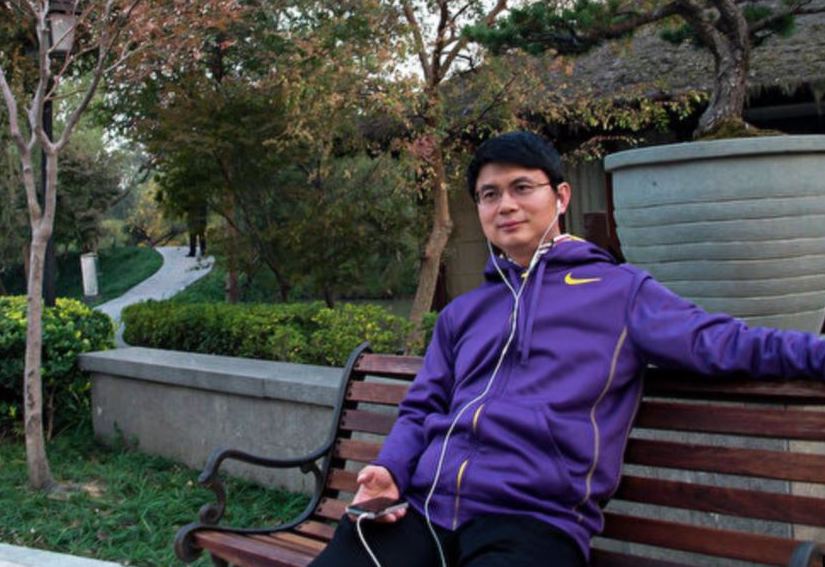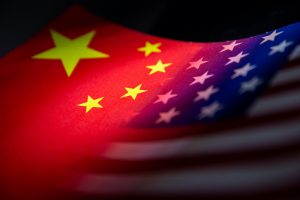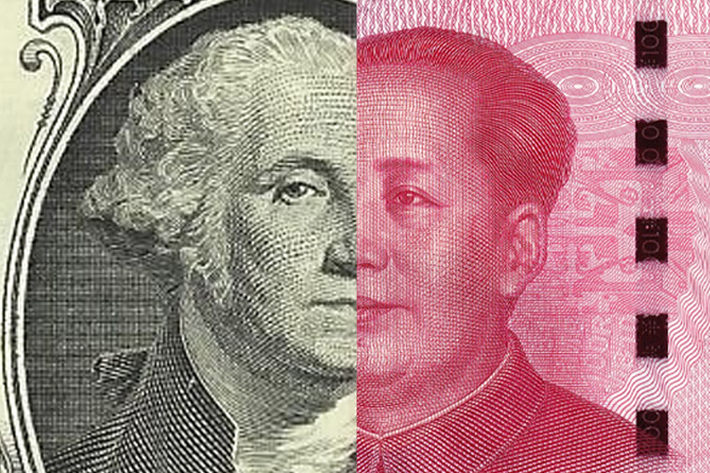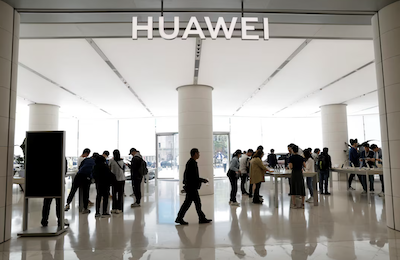Chinese-Canadian billionaire Xiao Jianhua was sentenced to 13 years in jail by a court in Shanghai on Friday, while his Tomorrow Holdings conglomerate was hit with a huge 55-billion-yuan fine ($8.1 billion).
Xiao and Tomorrow Holdings were charged with illegally siphoning public deposits, betraying the use of entrusted property and illegal use of funds and bribery, the Shanghai First Intermediate Court said.
Both had admitted their crimes and cooperated in recovering illegal gains and in restoring losses, the court said.
China-born Xiao, known to have links to China’s Communist Party elite, was last seen whisked away in a wheelchair from a luxury Hong Kong hotel in the early hours with his head covered, a source close to the tycoon said five years ago.
Xiao and Tomorrow have “severely violated a financial management order” and “hurt state financial security”, the court said, with the tycoon additionally fined 6.5 million yuan for the crimes.
From 2001 to 2021, Xiao and Tomorrow gave shares, real estate, cash and other assets to government officials totalling more than 680 million yuan, to evade financial supervision and seek illegitimate benefits, the court said.
ALSO SEE: China Chip Fund Head Investigated for Corruption

Companies Seized by Regulators
In July 2020, nine of the group’s related institutions were seized by Chinese regulators as part of a crackdown on risks posed by financial conglomerates.
Among the nine firms were four insurers – Tianan Property Insurance Co of China, Huaxia Life Insurance, Tianan Life Insurance and Yi’an P&C Insurance – as well as New Times Trust and New China Trust. The other three were Chengtong Securities, Guosheng Securities and Guosheng Futures.
The court said that from 2004, Xiao and Tomorrow controlled multiple financial institutions and internet financial platforms, including the failed Baoshang Bank, via multiple layers of indirect shareholders and anonymous ownership.
It said Xiao used the illegal gains for the acquisition of financial institutions, securities trading and overseas investment. But it acknowledged his attempts to make amends.
“Xiao Jianhua has taken commendable actions, so he was given a mitigated punishment in accordance with the law,” it said.
Dual Nationality Not Recognised
Asked about Xiao’s right to consular access as a Canadian citizen at a Friday briefing, Chinese foreign ministry spokesperson Wang Wenbin said Xiao was not entitled to such rights as Chinese law did not recognise dual nationality.
Canada’s foreign ministry said it was aware of media reports about the sentencing, and its officials would monitor the case and press for consular access.
“The lack of transparency in Mr Xiao’s legal process is very concerning, as is the ongoing lack of consular access, which prevents us from being able to assess his wellbeing,” it said in a statement.
Tomorrow Holdings could not immediately be reached for comment.
- Reuters with additional editing by Jim Pollard
ALSO SEE:
Canadian Billionaire Xiao Jianhua Faces Trial in China
Baoshang Faces Bankruptcy, China Banking Regulator Says
























